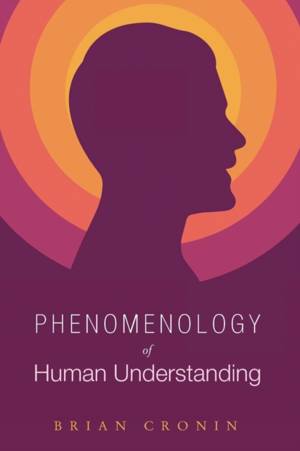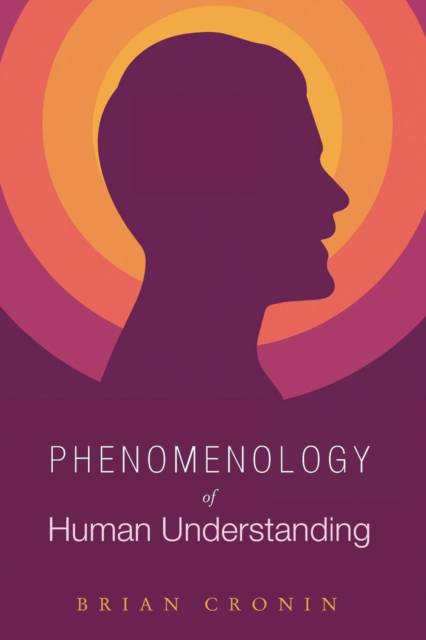
Bedankt voor het vertrouwen het afgelopen jaar! Om jou te bedanken bieden we GRATIS verzending (in België) aan op alles gedurende de hele maand januari.
- Afhalen na 1 uur in een winkel met voorraad
- In januari gratis thuislevering in België
- Ruim aanbod met 7 miljoen producten
Bedankt voor het vertrouwen het afgelopen jaar! Om jou te bedanken bieden we GRATIS verzending (in België) aan op alles gedurende de hele maand januari.
- Afhalen na 1 uur in een winkel met voorraad
- In januari gratis thuislevering in België
- Ruim aanbod met 7 miljoen producten
Zoeken
€ 52,95
+ 105 punten
Uitvoering
Omschrijving
The problem of human knowing has been foundational for the enterprise of philosophy since the time of Descartes. The great philosophers have offered different accounts of the power and limits of human knowing but no generally acceptable system has emerged. Contemporary writers have almost given up on this most intractable issue. In this book, Brian Cronin suggests using the method of introspective description to identify the characteristics of the act of human understanding and knowing. Introspection--far from being private and unverifiable--can be public, communal, and verifiable. If we can describe our dreams and our feelings, then, we can describe our acts of understanding. Using concrete examples, one can identify the activities involved--namely, questioning, researching, getting an idea, expressing a concept, reflecting on the evidence and inferring a conclusion. Each of these activities can be described clearly and in great detail. If we perform these activities well, we can understand and know both truth and value. The text invites readers to verify each and every statement in their own experience of understanding. This is a detailed and verifiable account of human knowing: an extremely valuable contribution to philosophy and a solution to the foundational problem of knowing.
Specificaties
Betrokkenen
- Auteur(s):
- Uitgeverij:
Inhoud
- Aantal bladzijden:
- 300
- Taal:
- Engels
Eigenschappen
- Productcode (EAN):
- 9781498292825
- Verschijningsdatum:
- 9/05/2017
- Uitvoering:
- Paperback
- Formaat:
- Trade paperback (VS)
- Afmetingen:
- 152 mm x 226 mm
- Gewicht:
- 399 g

Alleen bij Standaard Boekhandel
+ 105 punten op je klantenkaart van Standaard Boekhandel
Beoordelingen
We publiceren alleen reviews die voldoen aan de voorwaarden voor reviews. Bekijk onze voorwaarden voor reviews.









